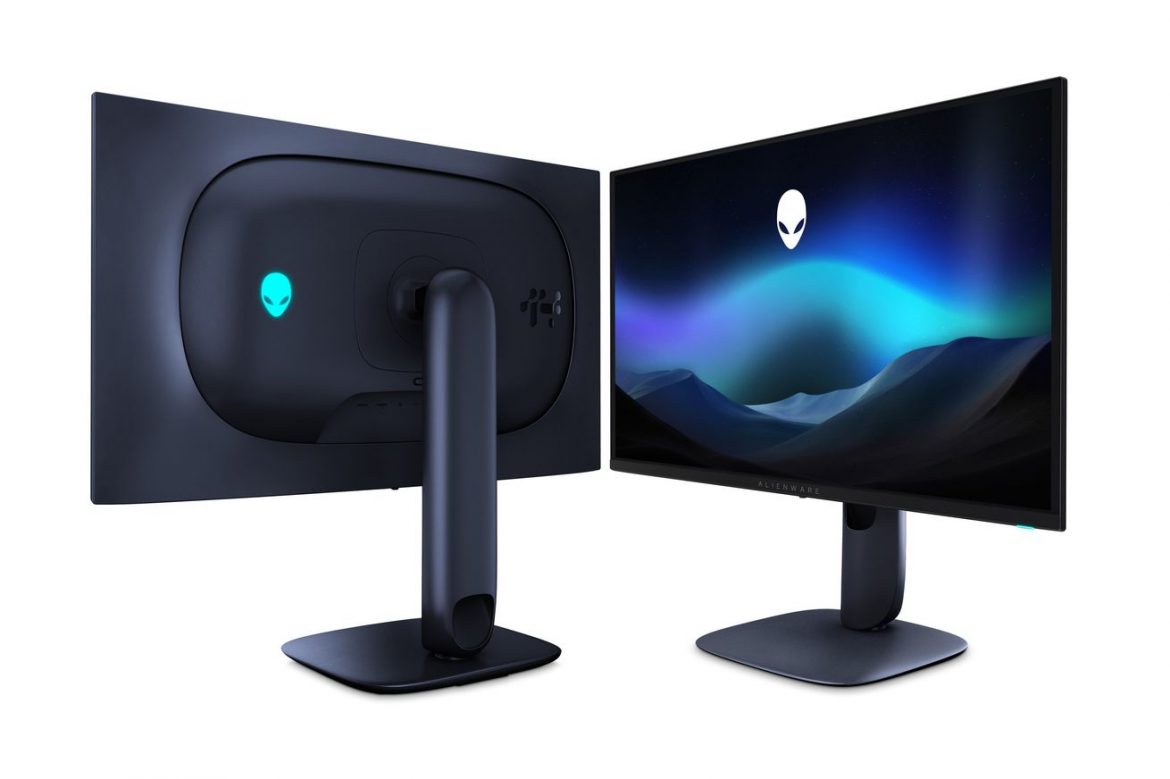
Alienware’s 27-inch 4K 240Hz OLED monitor is only a couple months away
Image: Dell
Alienware is joining Asus, Samsung, and MSI in making a silly “world’s first” claim — all four of them are now set to launch a genuinely exciting new wave of 27-inch 4K QD-OLED gaming monitors with an excellent 240Hz refresh rate. Remember when I called Alienware’s 32-inch version the best monitor of CES last year because it finally offered the best of all worlds? Now, you’ll be able to buy a smaller 27-inch version, without a curved screen, in a far more subtle design that no longer dominates your desk.
Like competitors that are using the same Samsung panel, the Alienware AW2725Q has a technically 26-inch screen that offers 166 pixels per inch and 250 nits of typical brightness (1,000 nits of HDR at peak), while displaying 99 percent of the DCI-P3 color gamut.
Unlike some competitors, though, Alienware’s G-Sync and FreeSync Premium Pro screen only offers DisplayPort 1.4 rather than DisplayPort 2.1, which could theoretically mean dealing with the occasional Display Stream Compression (DSC) hiccup to get your 4K at 240Hz. It also features a pair of HDMI 2.1 ports that offer 4K at 240 with HDR, VRR, ALLM, and eARC for Dolby Atmos passthrough. There’s no USB-C video in, but the 15-pound monitor does offer a very basic USB-A hub and a single USB-C port with 15W charging.
Image: Dell
The ports. Tap here to enhance.
The monitor supports Dolby Vision HDR and offers a three-year burn-in warranty — with a graphite sheet “placed between the panel layers” to help fight burn-in and image retention, plus “AI-based technology” that “actively monitors on-screen images and makes adjustments to help prevent burn-in.”
For now, the best thing it has going for it over the competition is a firm price and release window: March for $900 in the US or $1,230 CAD in Canada. (Alienware’s competitors for the 32-inch version took a good bit longer to hit the market, and I wonder if that’ll be the same this time.) The monitor will actually hit China this month and arrive in EMEA territories in April.
